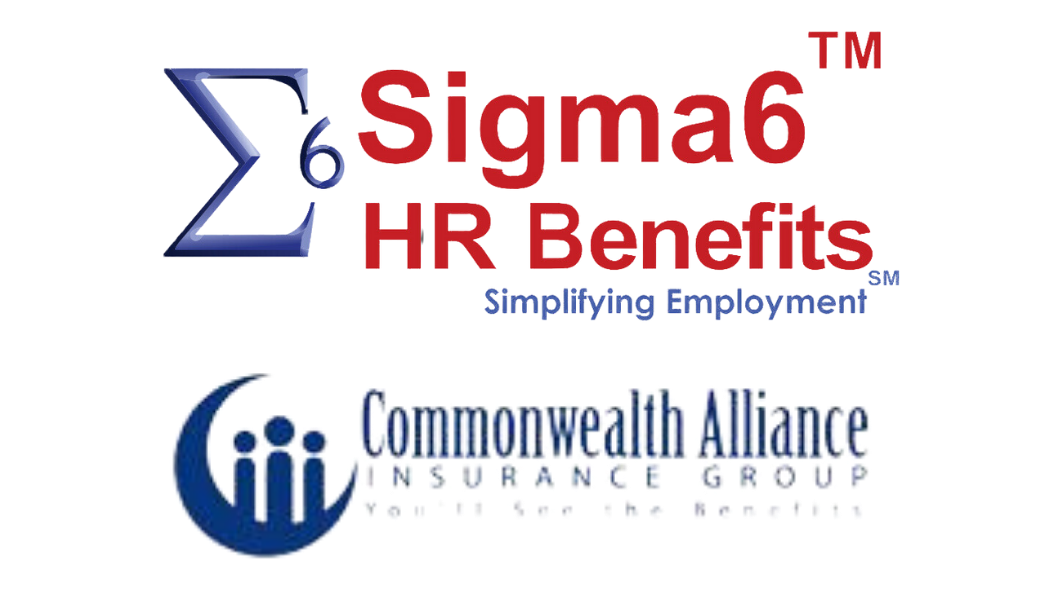Pay Transparency Checklist
Several weeks ago, We notified our clients on states’ legislation of Pay Transparency. We had several inquiries about this issue, and wanted to capsulize responses to several of the questions. (Keep in mind only several states and municipalities have enacted pay transparency laws, but this is a major issue within the human resource community. Based on our research, here are some answers.
When posting a position for only one of our locations, do we include the salary range for that position only?
Pay transparency laws generally require the employer to post the salary range for the location with the opening. If a position will be filled in a specific location, the posting only needs to provide the salary range applicable to that role in that location.
What benefits information must we include in job postings?
Not all states require a job posting to include benefits information, although employers may choose to do so. As an example, under Colorado and Washington state laws, employers must provide a general description of all benefits they offer for the position, including health care, retirement benefits, paid days off and any tax-reportable benefits. Employers are not typically required to provide details about the benefits; for example, employers can state that the job comes with “health insurance” without providing details about premium costs or coverage.
How do I determine a salary range for a commission-based position with a salary dependent on the volume of work completed?
If a position’s hourly or salary wage is based on a piece rate or commission, the piece rate or commission range the employer reasonably expects to pay should be included in the job posting.
Have pay secrecy laws compromised employers’ ability to expect HR and other personnel to keep pay information confidential (other than when sharing their own pay, which they may choose to do outside their official functions)?
Under federal law and many state laws, employees have the right to communicate with other employees at their workplace about their own pay. These laws generally do not allow employees with access to confidential information about other employees’ pay to disclose that information.
Are employers required to disclose pay for positions that don’t identify a state but are listed as remote?
Pay transparency laws may require that a pay scale be included in the job posting if the position may be filled in the jurisdiction, either in person or by someone working remotely from that jurisdiction. Work tied to a particular location, work capable of being performed in the jurisdiction, including remote work, or work that could be performed partly in the jurisdiction may be covered by the job posting requirements.
Can we include salary ranges in recruitment letters?
The salary posting laws cover job postings for specific roles or positions the employer has available or for which they’re accepting job applications. Is it acceptable to ask an applicant for their desired rate of pay? Many state and local governments have enacted legislation that bars employers from asking job applicants about past salaries or using salary history information to determine a salary or rate of pay for a new job offer. In jurisdictions with a salary history ban, employers can ask an applicant what they expect to make for the position or what they’re looking for in terms of a total compensation package. Employers may also provide the applicant with the salary range for the role and ask if the range is acceptable.
Does it matter if a pay range is posted in an hourly, monthly or annual salary format? Employers can use the minimum and maximum salary or hourly wage range.
Does “salary range” mean the company’s range of existing salaries or what the company expects to pay a new employee as a starting salary? Employers should post the minimum and maximum salary or hourly wage range they reasonably or in good faith expect to pay a successful applicant for the role. Typically, “good faith” means the salary range the employer at the time of the listing believes they are willing to pay successful applicants.
Are companies including bonuses in their salary ranges?
The laws vary on whether the pay scale included in a job posting should consist of bonuses, tips or other benefits. Employers may choose to include this information even where not required
